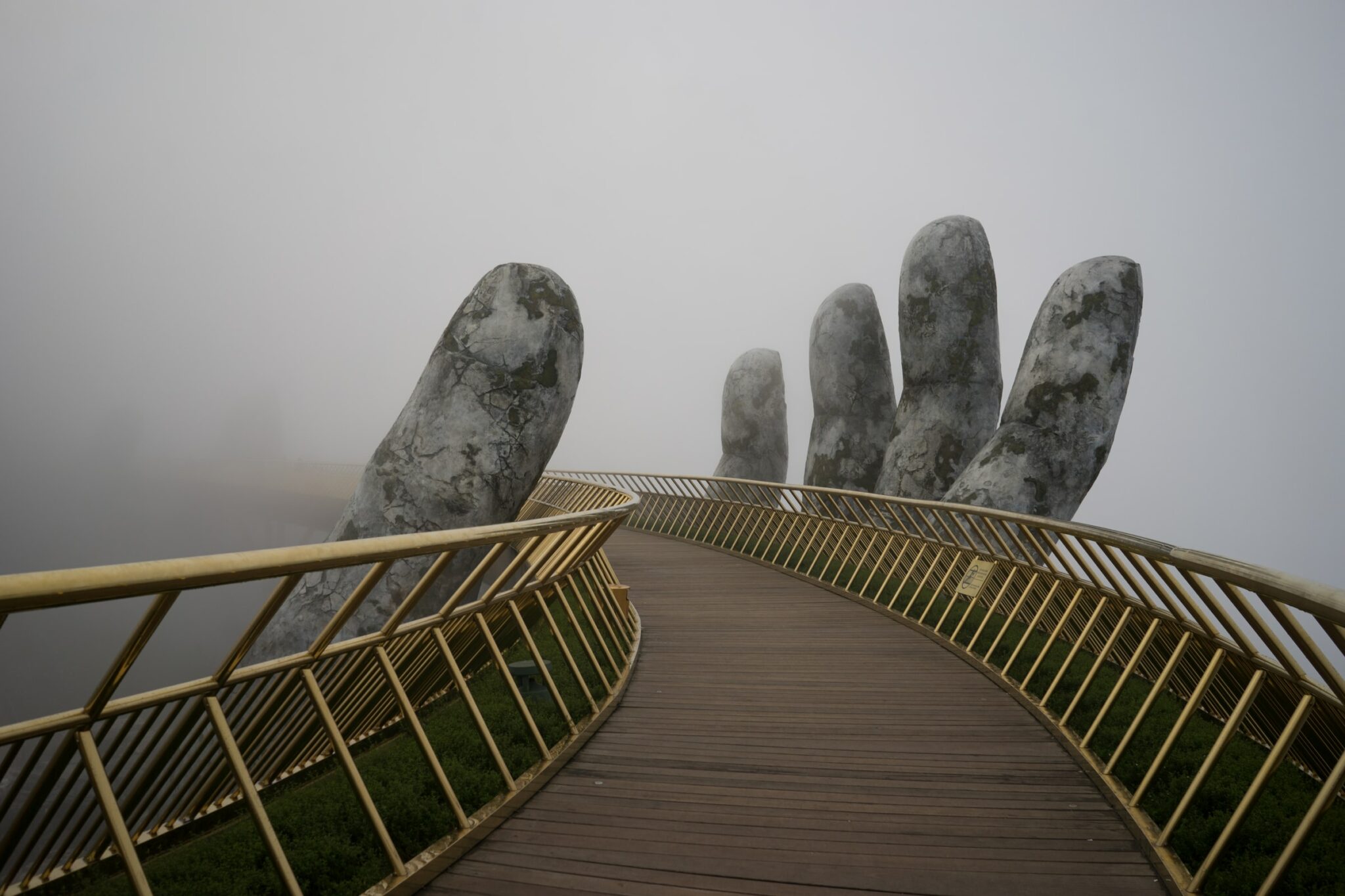
Brief description
This part of the BRIDGES course program aims to provide a digital open space, where participants are invited to share (non-)academic and creative productions like poems, books, movies, drawings, tokens, etc. connected to issues of racism, inclusion and diversity. The title of this activity, “In/visible Bridges”, is inspired by the ongoing project “Sichtbar” by the Black and queer activist and artist Frau/Herr Meko based in Darmstadt/Germany. The “Sichtbar” is a decolonial intervention in academic realms of knowledge by curating, collecting and displaying a wide array of books, art catalogues, poetry and literature of Black, Indigenous and People of Colour, that are usually not part of the university libraries. The German title “Sichtbar” contains both the meaning of the word “visible” as well as it can mean “a bar at sight”.
Inspired by this project, with the “In/visible Bridges” activity, we invite all the participants, guests, and facilitators to share images of a certain token or object on a digital open space during the BRIDGES course, which they relate to their personal engagement or relationship with issues of racism, inclusion, diversity, or decolonization. These tokens or objects can be understood as personal, biographical, or experiential “bridges” to these issues, which sometimes are out of sight in academic or professional contexts. This open space will be curated digitally on the Instagram account of BRIDGES. By sending the course programme, required literature, etc. we also invite everyone to send a picture of his/her/their favourite book, poem, painting, token, etc. until June 29th. We will then share one image per day during the course. Each piece should have a short description by the owner (up to 1.000 characters) and, if you want, a series of hashtags. Please indicate, if you want your name to be shared or not.
Objectives
The overall objective of this open space is to make those objects visible and tangible, which work as personal “bridges” and connect us to issues of racism, inclusion, diversity, or decolonization beyond verbal or literate expressions. At the same time, it aims to provide a space of intimacy, sharing, and belonging among the participants, communicated and expressed through objects with diverse biographical meanings. In a digital format, pictures of these objects can be shared publicly with a wider audience and hence put into dialogue more broadly. The pictures can be shared anonymously and the social media feed will be moderated by the facilitators.
In contrast to Transversal Activity “Affectively caring for ourselves and others: A Space of Caring” this activity aims to provide a more open type of exchange among the participants, which is rather contemplative, observing, and directed towards a broader public. In this way, encounters within this activity are not predetermined, but rather spontaneous and can happen only between a few people. For example, people can meet spontaneously at the (physical) open space and engage in a conversation or someone just comments or likes a picture on social media, which would then start a conversation.
Procedure (steps, instructions and timing)
By sending the course programme/invitation to the participants and guests, everyone will be asked to take a picture of an object and a short description (up to 1.000 characters) for this activity. With the start of the BRIDGES course on June 29th, the facilitators will post one picture and its descriptions (anonymously) on social media per day. All the participants and facilitators are invited to like, comment, and share the content and the social media feeds will be moderated by the facilitators in order to prevent derogatory or discriminating remarks.
Necessary Materials
Required reading
- Digital Facilitation
- Social Media accounts: Instagram
Expected Results
Derived materials from the activity (to be uploaded on this website)
- Slide-show in the virtual lab
- Social Media content during (in digital format) or after (in classroom-based format) the course


